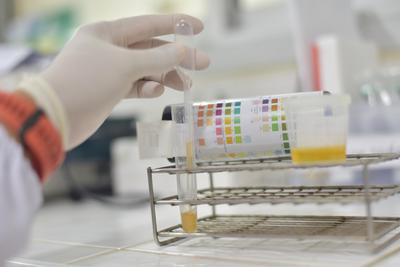Exercise Before a Drug Test: Can It Really Cause a Positive Result?
When you know a drug test is coming up, it's natural to want to prepare. Most people focus on abstaining from substances, but could other factors, like exercise, affect the test results? Some believe that intense physical activity before a drug test could influence the outcome, possibly leading to a false positive. Let's look into whether this is a legitimate concern.

Understanding Drug Tests
Drug tests detect the presence of specific substances in the body. These tests come in various forms, such as urine, blood, breath, and hair follicle tests, each with its own methodology and detection window.
The most common type, often used due to its easy administration and cost-effectiveness, is urine drug test. Blood tests are known for their accuracy and ability to detect drugs in a shorter time frame, but they are less commonly used due to higher costs and invasiveness. On the other hand, breath tests feel less invasive but only detect alcohol. Another option is hair follicle drug tests, which are capable of detecting drug use over a longer period, typically between 5 and 90 days due to the time it takes for substances to be deposited in hair follicles.
Understanding these tests is important because the type of test might influence how exercise could impact the results.
Concerns About the Potential Impact of Exercise
The idea that exercise could influence drug test results is due to several physiological processes:
Exercise can slightly raise THC levels in the blood for a short time. In studies, moderate exercise like a 45-minute workout increased THC levels a bit but these levels dropped back down after a couple of hours. The change is usually small and doesn't last long.
However, employment drug tests are usually urine drug tests. For urine tests, exercise didn't cause significant changes in THC levels. This means that moderate exercise shouldn't affect the results of a drug test.
So, while exercise can cause a small temporary increase in blood THC levels, it doesn't have a significant enough effect to worry about for most drug tests.
Choose Health Street For Reliable Drug Testing
Health Street offers comprehensive drug testing services for companies of all sizes. With over a decade of experience and thousands of clinics, we have convenient locations nationwide. Register online or contact us to find out more about our drug testing services.






